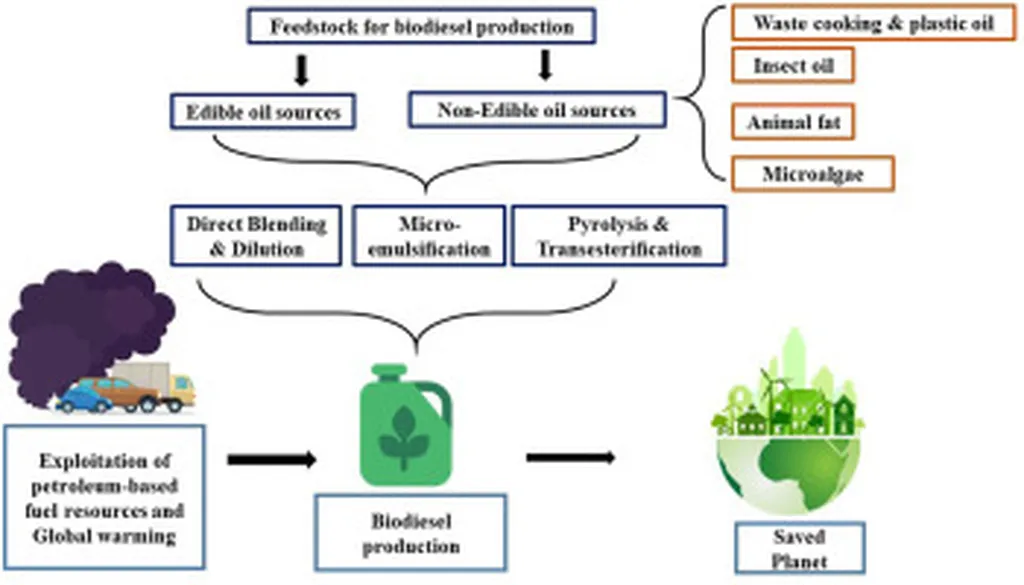In the heart of Argentina, a groundbreaking study is unfolding that could reshape the way we think about crop management and energy production. Sergio Andrés Granados Ortiz, a researcher at the Instituto de Tecnología de Alimentos at the Universidad Nacional del Litoral, is leading the charge in exploring the potential of green-synthesized copper nanoparticles to enhance sunflower growth and yield. This research, published in the Revista de la Facultad de Ciencias Agrarias (Journal of the Faculty of Agrarian Sciences), is not just about improving agricultural practices; it’s about paving the way for more sustainable and efficient energy solutions.
Granados Ortiz and his team have turned to Aloe vera, a plant renowned for its medicinal properties, to synthesize copper nanoparticles. This green synthesis method is a significant step towards environmentally friendly agricultural practices. “Aloe vera is a compelling candidate for synthesizing copper nanoparticles,” Granados Ortiz explains. “It aligns with sustainable practices and offers biocompatible and eco-friendly nanomaterials for agriculture.”
The study focused on two sunflower hybrids, Chané and Calchaquí, applying two different doses of copper nanoparticles (150 ppm and 300 ppm) to the plants. The results were promising. Chané’s parameters, including germination power, plant height, leaf number, leaf area, dry weight accumulation, and achene yield, improved at both nanoparticle doses. Calchaquí, on the other hand, showed improvement only with the higher dose of 300 ppm.
The implications of this research extend beyond the field. Sunflower is a crucial oilseed crop, and its seeds are a significant source of biodiesel, a renewable and clean-burning fuel. By enhancing the growth and yield of sunflower plants, this technology could potentially increase biodiesel production, contributing to a more sustainable energy future.
“This research highlights the potential use of green nanotechnology to improve growth and yield in sunflower,” Granados Ortiz states. The study not only sheds light on the mechanisms underlying nanoparticle-plant interactions but also demonstrates how Aloe Vera-based copper nanoparticles can affect growth, biomass accumulation, and partitioning in sunflower hybrids.
As we grapple with the challenges of climate change and the need for sustainable energy sources, research like Granados Ortiz’s offers a glimmer of hope. It’s a testament to the power of innovation and the potential of nanotechnology to revolutionize agriculture and the energy sector. The journey towards a greener future is underway, and it’s being led by pioneering researchers like Granados Ortiz, one sunflower at a time.

